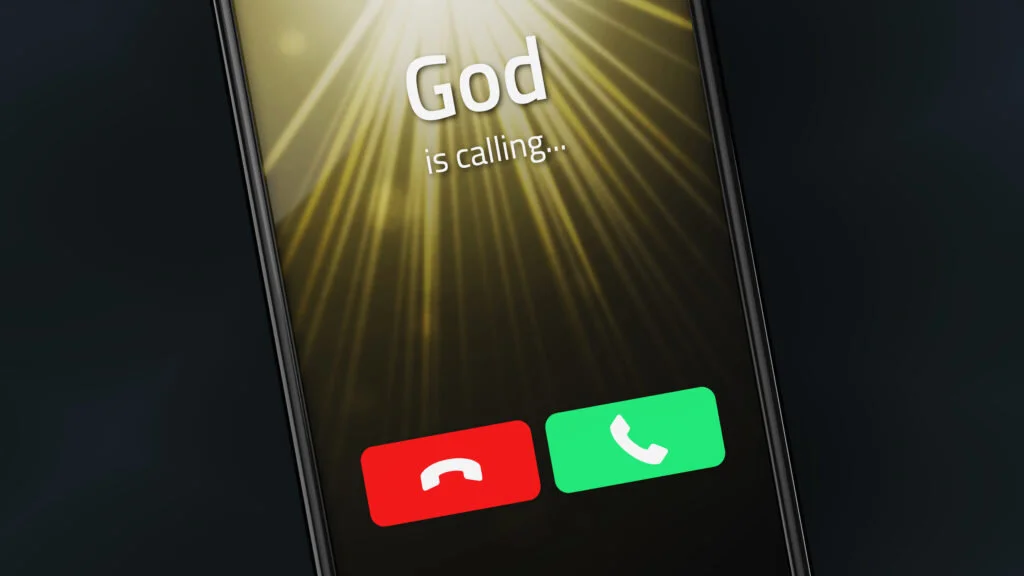The fire began in the early hours of January 2, 1966, and spread through the business district of Sitka, Alaska – toward the historic St. Michael's Russian Orthodox Cathedral.
"Everyone in town ran to the church and started passing things out hand to hand in long chains of people," said Father Herman Belt, the cathedral's current dean. "They even carried out the chandelier, since you could lower it back then. They ran out with all the candlestands. They carried out the crosses. We lost one icon."
The rescued treasures included the bishop's throne carved by St. Innocent Veniaminov, the Siberian priest and missionary who in 1840 was sent to serve as bishop of "New Archangel," the island village that would become Sitka. The bishop translated the Gospels and Orthodox texts into several Alaskan languages and dialects and, later, served as Metropolitan of Moscow.
The bishop's staff of St. Innocent is in the rebuilt sanctuary, leaning next to the central doors before the altar. The cathedral – designed by St. Innocent – contains other links to six saints whose lives touched Sitka.
The original cathedral was completed in 1848, built with logs, clapboard siding and interior walls covered in sailcloth. St. Michael's was rebuilt using concrete, steel and fire-resistant materials, using 1961 drawings from the Historic American Buildings Survey.
Russian churches can handle winter. But snow isn't the problem, in a cathedral near the Gulf of Alaska. There are leaks along joints in the domes and the wooden floors squeak because of water damage. Bedrock under Sitka ends a block away.
"We're in the mush below that, then we've got the ocean, so all the rain and melt running down dumps into our basement," Belt explained. "If we get snow here, it isn't too bad. But we get lots of rain with wind, coming off the water."
Sitka averages 90 inches of rain a year, in this temperate rain forest. Seattle gets 40.







